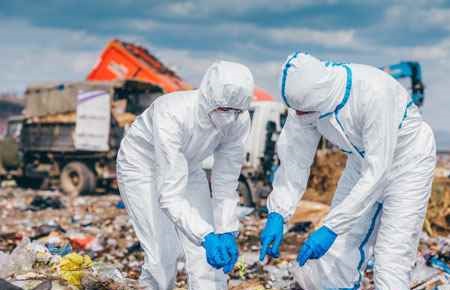
Environmental Toxicology Major
Environmental Toxicology Studies is a major program that focuses on the scientific study of the health effects associated with exposure to toxic chemicals and systems occurring in the natural, work, and living environments; the management of environmental toxins and toxicity; and the development of protections for humans, animals, and plants.
A major program in Environmental Toxicology Studies will likely include courses in applied ecology; microbiology; toxin transport, fate, and degradation; dermal toxicology; reproductive and genetic toxicology; atmospheric and environmental chemistry; metals toxicology; environmental mutagens and biotransformation; nutrient interaction; chemical sensitivity, disorders, and disease; risk assessment; animal waste management; environmental health; and hazardous materials management.
What can you do with a major/degree in Environmental Toxicology Studies?
With a degree in Environmental Toxicology Studies, you can choose from consulting, teaching and research careers.
Trade Associations and Professional Organizations in Environmental Toxicology Studies:
Professional associations are groups of specialists dedicated to topics in particular fields. Professional associations provide a wealth of online resources, some of which are geared specifically towards students. These organizations typically also host conferences and events, providing great opportunities for learning and networking across your field of interest.
Publications/Magazines in Environmental Toxicology Studies?

